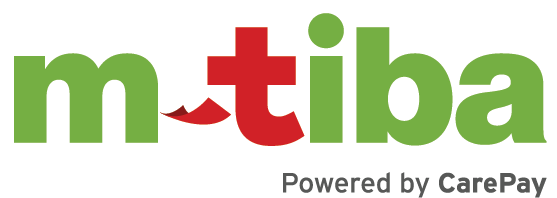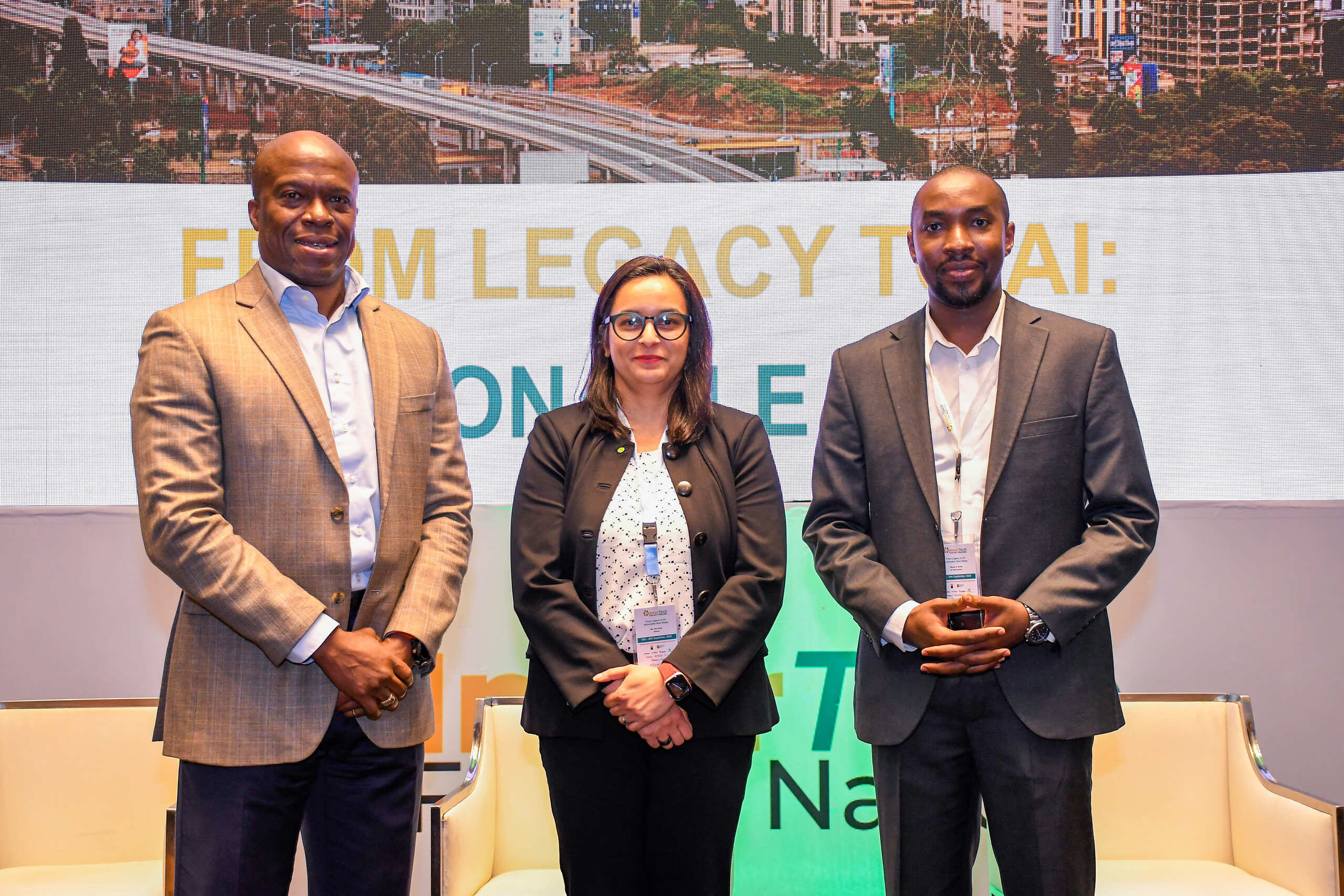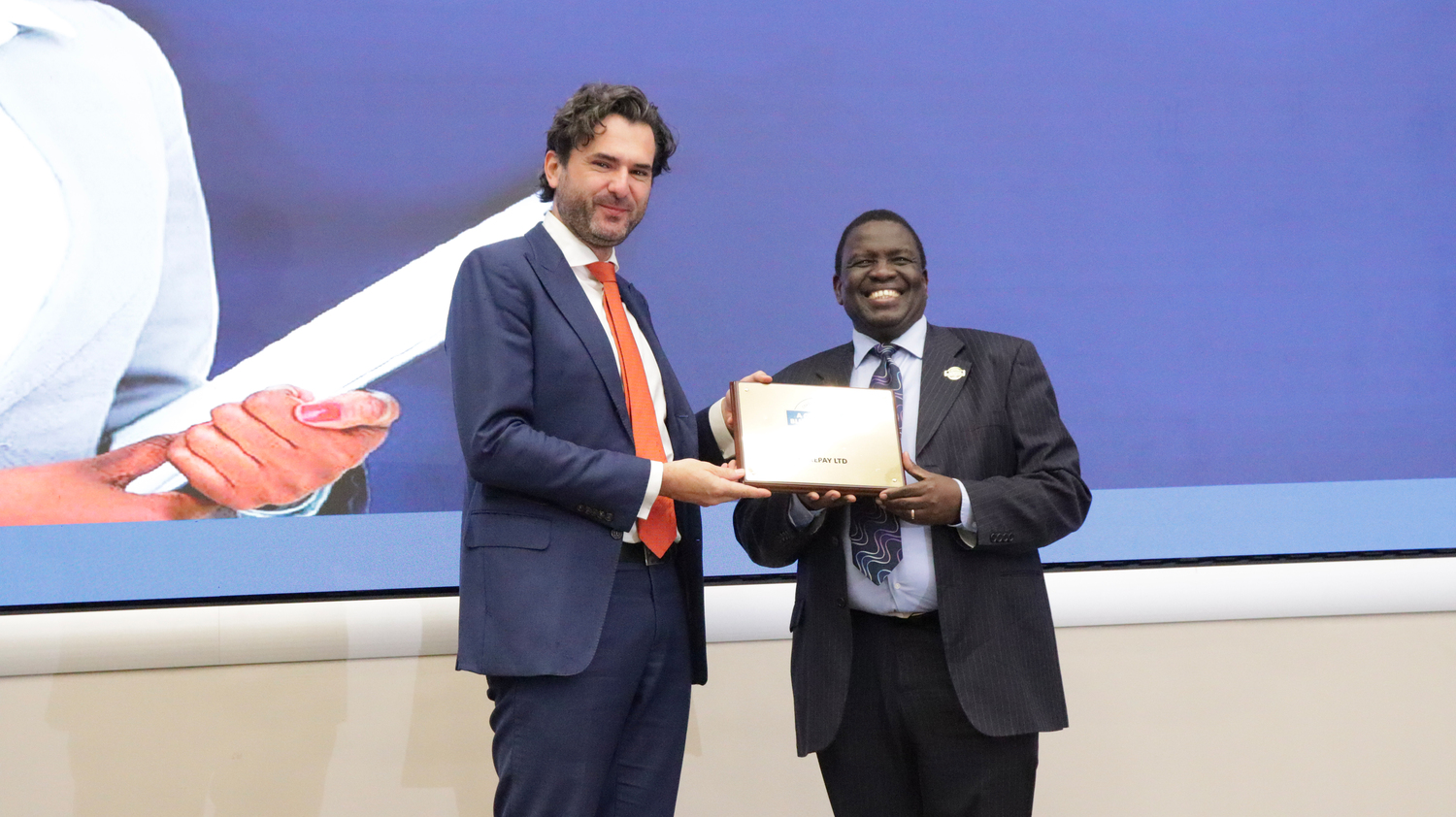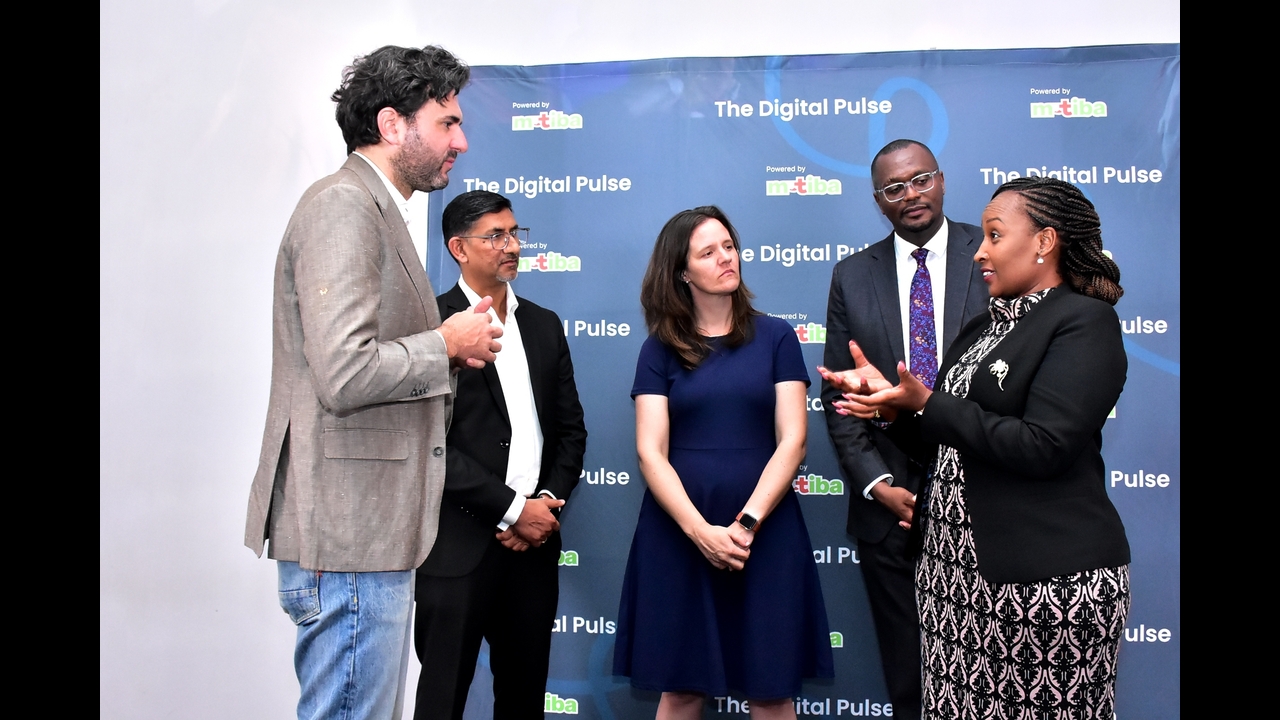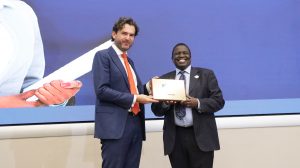Each year, an average Kenyan spends 10% of their income budget to access healthcare. A 2019 report on healthcare financing by the Kenyan Ministry of Health established that a staggering 12,7 % of Kenyans do not seek healthcare when they are ill. The high cost of healthcare services and ease of access were the major barriers cited. In fact, 2.6 million Kenyans were at risk of impoverishment and falling into poverty as expenditure on healthcare was having a major dip in their household savings.
The onset of COVID-19 in 2020 laid bare these challenges. With a surge of patients who needed medical attention, the cost of care drastically skyrocketed. Hospitals were overwhelmed with an influx of patients, causing people who required continued care for chronic conditions like diabetes and hypertension to forgo their life-saving treatment.
These challenges are not new. In fact, they are universal and have transcended through decades across developed and developing countries. Kenyans, especially low-income households, spend a third of their resources on healthcare payments. It is a common occurrence for an individual or family to end up selling their assets to cover health costs, or to enable access to treatment of their kin in event of one being diagnosed with a long-term chronic condition or a condition that attracts an excessive treatment cost and their treatment access is limited to certain healthcare facilities.
These issues formed center stage during the launch of the Grace Onyango Foundation for Digital Health in Africa, at the Kisumu Social Hall last week. The Foundation is named after Grace Onyango, an educator and pioneer woman leader who was the first female councilor, mayor, MP of Kisumu, and acting speaker of the Kenyan parliament.
This consortium of multi-sectoral partners supported by PharmAccess Foundation, Northwestern University and the County Government of Kisumu brings together research institutions, governments, and other key health stakeholders to deploy digital health interventions to strengthen healthcare systems and access across Africa.
An African Digital Health Start-up Story
Digital health innovations are laying down systems that are not only reshaping access to care but also unlocking new possibilities in healthcare.
“We see multiple healthcare solutions in Africa. But are they really solving the underbelly challenges we have in healthcare?” – Daisy Isiaho, Co-Founder of the digital telehealth platform – Zuri, pointed out in a panel discussion during the launch.
“I would say the key challenge towards access to healthcare in Africa is affordability and distribution. We have a lot of people living in rural and underserved communities. For these solutions to significantly improve access in these communities, the cost and distribution factors should be addressed,” she said.
Ms. Isiaho pointed out that the 1 to 60,000 doctor-patient ratio currently in Kenya calls for solutions that reach people in their remote places. Digital health solutions like Zuri Health are conveniently closing this gap. With Kenya’s unique mobile penetration at 61 percent, the highest in the region according to the Communications Authority, digital technologies for health are building their foundations on this.
With Zuri Health, people are empowered to book consultations with a doctor, have their samples taken and tested at the healthcare facility, and get their diagnosis or medication at the comfort of their homes. All through a swipe on their phones. Regardless of whether one has a smartphone or a feature phone.
Speaking on the same panel, Moses G. Kuria, Managing Director at M-TIBA, also pointed out M-TIBA’s approach to democratizing healthcare access. “A lot of people pay for health care out-of-pocket and very few people have some form of insurance coverage. In fact, only 2% of Kenyans have some form of health insurance. Paying for health care out-of-pocket leads to catastrophic spending, putting families in vulnerable situations.”
“M-TIBA was founded through a partnership with Safaricom and PharmAccess Foundation. We looked at how M-PESA transformed financial inclusion and built M-TIBA through a similar technology approach to creating medical inclusion. We have been engaging both public and private insurers to connect more Kenyans to health security through insurance plans. Creating an entire ecosystem to improve healthcare access through digital technology. Today it’s trusted by over 4.6 million users and about 4000 healthcare providers and continues to grow and build trust and transparency in healthcare,” said Mr. Kuria.
“Digital solutions are also empowering healthcare facilities to scale their operations and offer improved care to patients. Through our partnership with the Medical Credit Fund, more than 600 health facilities have accessed a working capital that supports them to get the resources they need to serve patients; think of diagnostic equipment, consumables, and medicines.
By automating the process, facilities are able to access this financing that is collateral free with ease on their mobile phones. Giving them room to focus on their core business – providing quality healthcare.” – Moses G. Kuria.
Digital technology in health has transformed healthcare significantly and at a faster rate compared to traditional systems. As all healthcare challenges are universal, it is easier to replicate solutions to other regions and even continents.
Digital tools like mapping and data automation have been a game changer. Zuri Health has been able to replicate its solution to 8 other African markets while M-TIBA has been able to offer their revolutionary technology to the Nigerian market using the same model and digital system. The same solutions serve markets thousands of miles apart, all enabling healthcare penetration.
“The Grace Onyango Foundation for Digital Health in Africa wants to shape the future of health through these existing digital solutions with a multi-sectoral partnership approach.” Prof Khama Rogo, Pharm Access Foundation Chairman.
The ability of this to transform healthcare cannot be underestimated. We are already seeing the impact these technologies have had on the lives of millions of people across Africa who need healthcare.
Learn More About the Grace Onyango Foundation for Digital Health in Africa
By: Claude Onkundi | October 28, 2022
Contributors:
Moses G. Kuria – Managing Director, M-TIBA
Daisy Isiaho – Co-Founder, Zuri Health
